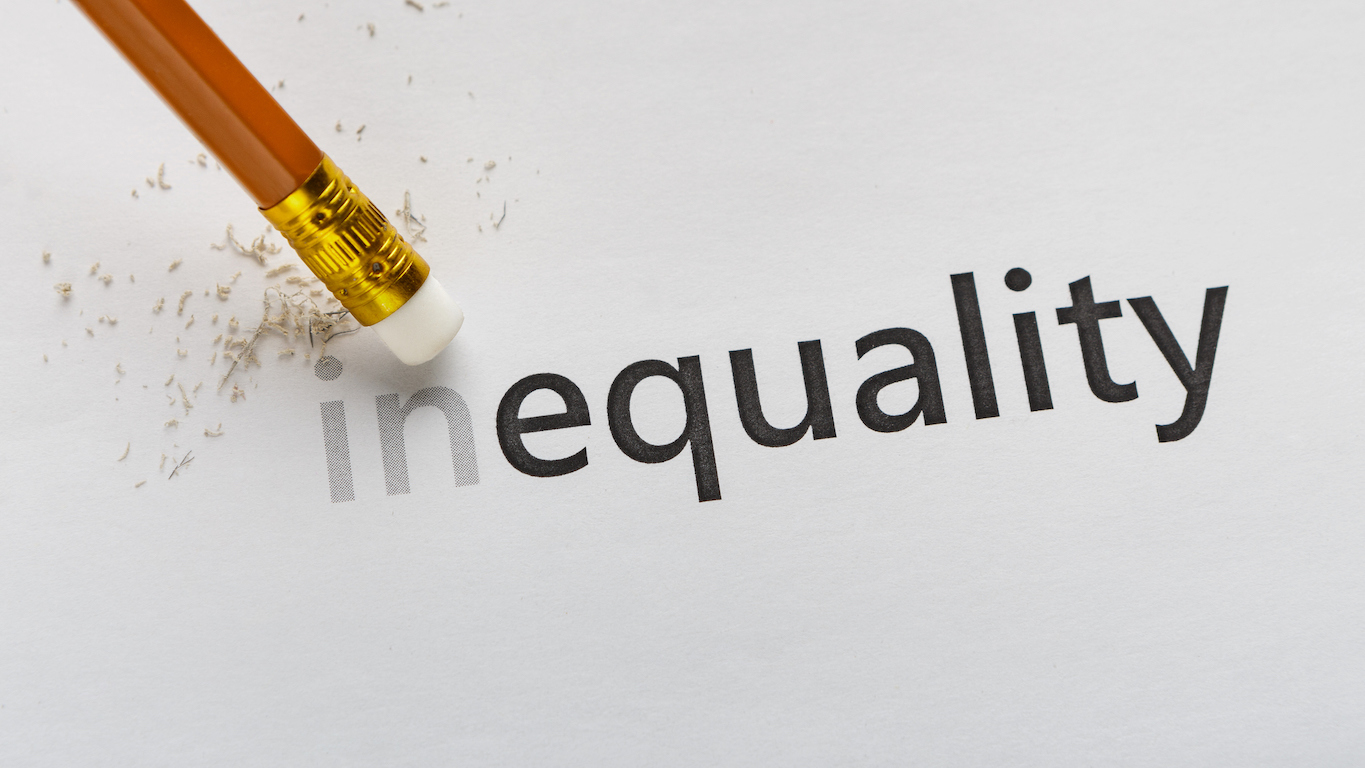Confronting racial inequities to promote well-being for all

As America faces a reckoning with race amid the backdrop of a pandemic, racial health disparities among BIPOC (Black, indigenous and people of color) populations have never been clearer. In reality, for many in this group, racism is truly the first major pandemic that has negatively impacted their well-being.
Not only are these racial inequities evident in physical health, but these barriers extend far beyond, greatly impacting other domains of health well-being and overall quality of life for minorities. In fact, we know from our Community Well-Being Index (CWBI) that addressing health and well-being means so much more than so preventing diseases and managing them effectively. At the cornerstone of our longevity is also our ability to live with a sense of purpose, have energy, feel loved and supported, and attain financial security among other inter-related domains of our health. So, to better understand these gaps in health and well-being, we surveyed populations across racial groups, finding that the disparities we’re seeing play out in current headlines aren’t unique to today, but rather direct results from longstanding systematic inequality within the American economic, housing, and healthcare systems.
At Sharecare, we aim to promote greater awareness and deeper understanding of these inequities so that we can reach a higher ledge of community-driven care for everyone. I implore others to read our findings, which take a closer look at inequities between Black and White Americans, and take action so that together, we can change the trajectory and create a reality where optimal well-being can be realized not for some, but all.